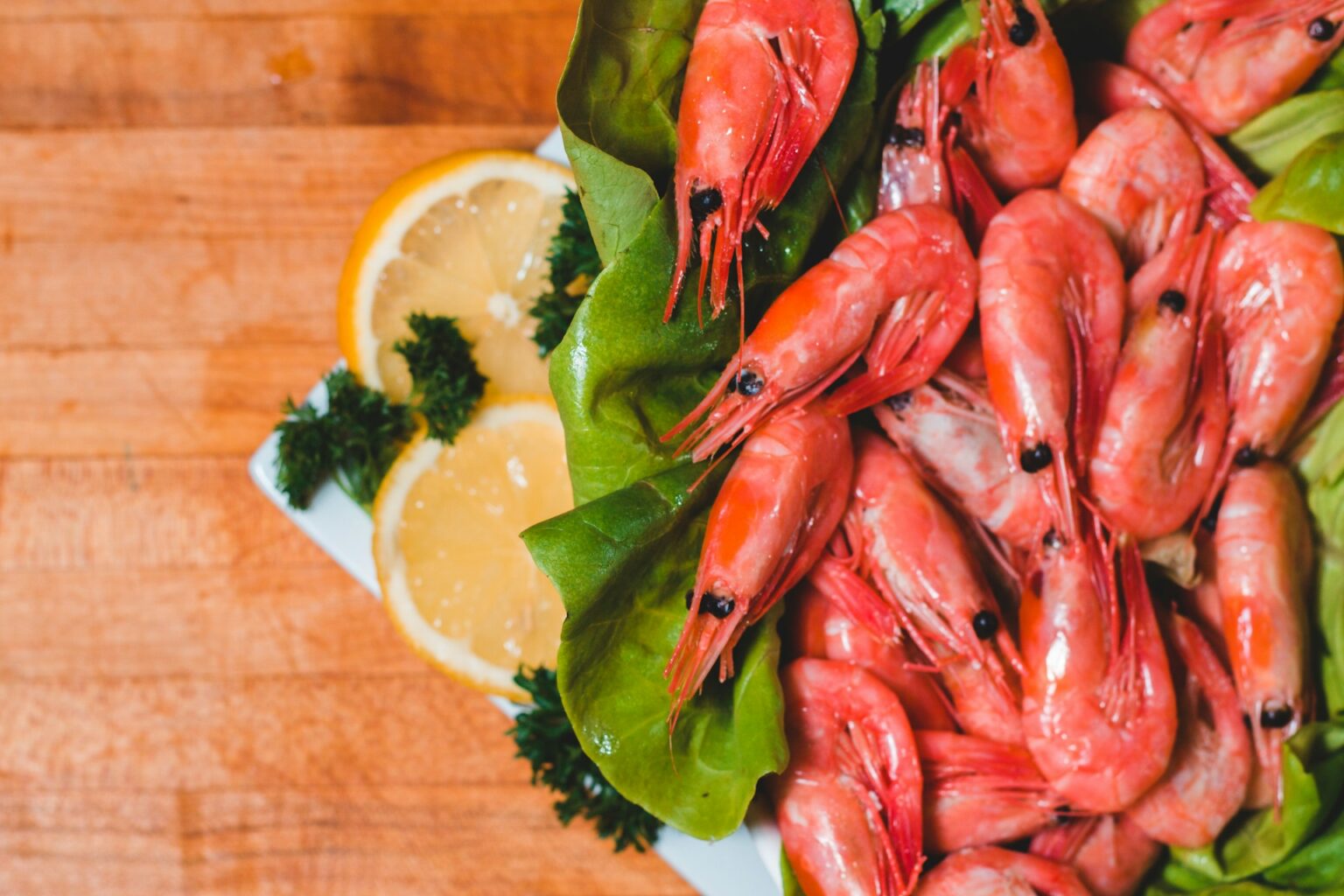Can Dogs Eat Shrimp?

Due to their loyalty and devotion to their owner, dogs are one of the most common pets worldwide as they make good companions. However, it is the owners’ responsibility to ensure their dogs’ health, which largely depends on a proper and well-balanced diet. Due to being carnivorous, dogs should have animal protein in order to remain healthy and functional. Animal protein can also be supplied by fish and seafood, which is something to consider. Can this kind of protein be compared with the protein from the meat of other animals? Are shrimps safe for dogs? Let us further explore this topic and unveil the secret.
Is Shrimp Safe For Dogs?
Dogs mostly feed on specially prepared dog food with everything they need to grow healthy. However, many pet parents sometimes share the food they eat with the dog. Then, caution is advised as not all products are safe for dogs. Certain foods could be poisonous for them. Hence, it is the best practice to ensure, at the very least, that whatever you give, other than dog food, is safe and will not harm your pet. So what about shrimps? Is this one of the products poisonous to dogs?
The good news is that your dog can eat shrimp as it is safe. They are free from any toxic chemicals that would otherwise affect our dogs. As long as you prepare the shrimps right, they are harmless. In addition to that, shrimps may offer little nutrients that have positive effects on dogs. Well, discover here the advantages of shrimps as well as how to cook for dogs to eat.
Is Shrimp Healthy For Dogs?
Experts confirm that dogs can have shrimps. These tender seafoods can make a tasty and nourishing snack for your dog. Studies concluded that the form of proteins gained from shrimps is highly digestible in dogs. Aside from the protein content, shrimps are also a good source of other nutrients, including vitamins and minerals. These highly beneficial ingredients boost immunity, help strengthen joints and bones, enhance eyesight, and more. You can also find omega-3 fatty acids in seafood. This ingredient in the diet helps dogs defend themselves against inflammation and promotes healthy skin and coat.
Another advantage of shrimp is that they are low in calories. With minimal fat and carbohydrates, this product is healthy for dogs. Nevertheless, adding shrimp to the diet can increase cholesterol levels, so experts agree that dogs should eat this seafood only occasionally. When given the right nutrient composition, shrimp can be an addition to a dog’s diet.
How to Feed Your Dog Shrimp?
Dogs can eat shrimp, but make sure to cook it properly first. If food is prepared carelessly, it can cause many health problems. Shrimp are a particular type of food that requires some rudimentary cooking skills. First, peel off the shell and other inedible parts, like the head or the end of the tail. This is essential not to endanger choking hazards. Also, clean the shrimp well. Cut the back of the shrimp and remove the black thread-like filaments where the animal excrement is placed. Then, rinse the shrimp in cold water.
Upon completion of this preparation, the shrimp require a thermal treatment. Boiling the shrimp is the most advised method. With this method, shrimps are safest for dogs. Frying the shrimp is an absolute no-no because your dog does not need the extra vegetable fat. Do not add any spices to the shrimp, either. Dogs do not need salt or other additives to enjoy their food. Make sure there is no garlic or onion in the shrimp because they are highly toxic for the animals. Just remember also not to offer raw shrimp to dogs. Raw seafood can contain micro-organisms that are harmful to pets. While allergic reactions to shrimps are pretty rare in dogs, the fact is not worth overlooking, so consider that as well.

Summary
As you already know, dogs can eat shrimp. If you prepare the seafood properly, dogs can safely enjoy its delicate flavor. Shrimps offer a good proportion of proteins and health-beneficial components. But since a dog is primarily a carnivore, serve shrimp as snacks only from time to time. When in doubt, give your vet a call.
Sources
- Joana Guilherme-Fernandes, Tiago Aires, António J. M. Fonseca, et al. (2024). Squid meal and shrimp hydrolysate as novel protein sources for dog food.
https://pubmed.ncbi.nlm.nih.gov/38450029/ - Roger B. Luz, Rodrigo Staggemeier, Rafael B. Fabres, et al. (2015). Bioaccumulation of animal adenoviruses in the pink shrimp.
https://www.scielo.br/j/bjm/a/3ybcMKZggDHBmV95TKdmJqq/?format=html







